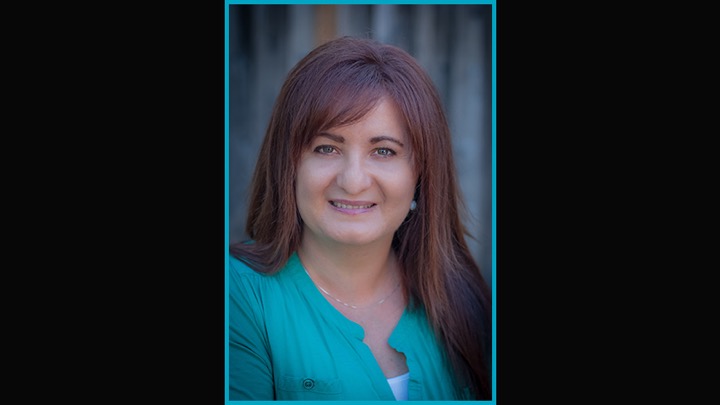Every month on the first Wednesday, a new group of Kaiser Permanente Santa Clara adult psychiatry patients meet to start a four-to-eight-week course in mindfulness, a practice of awareness in which the goal is to live in the present moment.
The course helps patients cope with and reduce many symptoms common to a host of mental conditions and may allow Kaiser Permanente psychiatrists to wean patients off the prescription drugs patients have used to deal with those symptoms.
“Mindfulness is an evidence-based treatment for transdiagnostic distress,” said Dr. Olga Rosito, PhD, a therapist at Kaiser Permanente Santa Clara, and the leader of the mindfulness program. “That distress covers conditions like anxiety, depression, bipolar disorder, post-traumatic stress disorder and other disturbances.”
Since 2015, Dr. Rosito has taught mindfulness to over a thousand Kaiser Permanente Santa Clara adult mental health patients — she says remission of conditions is common.
Although mindfulness has been part of Buddhist teachings for centuries, it’s only recently been used in Western medicine. And now, there are hundreds of studies showing how mindfulness training can improve the lives of mental health patients.
“Mindfulness is a realistic approach to life,” said Dr. Rosito, “By living in the present and really experiencing that present, you can ultimately really get an idea of what your life is all about.”
Dr. Rosito said the mindfulness class at Kaiser Permanente Santa Clara is the only such outpatient program in use at Kaiser Permanente Northern California.
In the mindfulness course at the medical center, participants learn to get a sense of calm when dealing with daily stresses of life. Dr. Rosito says it starts with what’s called “guided meditation,” where she helps class members pay attention to the present, not the future or the past.
“When you’re in the present, you’re not missing out of life’s positive moments,” said Dr. Rosito. “It’s a difficult task to be in the present but over time and with practice you’ll be able to return to that state more easily and regularly.”
Dr. Rosito posed the example of being cut off by another driver on the highway. While avoiding a collision is the appropriate reaction, one’s response can color the rest of the day. It’s either anger, leading to anxiety, or fright, leading to depression. Returning to the mindful state can neutralize both.
“In that way, patients might need fewer mental health medications in the long run,” said Dr. Rosito.
Dr. Rosito has also taught free public mindfulness sessions at the City of Santa Clara public libraries.
The library sessions are popular, drawing 40-50 people each time, Dr. Rosito said. Many attendees came away from the library lectures with an interest in further practicing mindfulness. She expects to do more public lectures.
“People tend to concentrate on the future or dwell on the past,” said Dr. Rosito. “Practicing mindfulness allows us to live in the present where life is actually occurring.”
Overall, studies show that mindfulness can have a positive effect on a variety of indicators of psychological health, like life satisfaction, vitality, emotion control and lower levels of negativity.
“Mindfulness doesn’t eliminate stress or unpleasant things from happening in our lives,” said Dr. Rosito, “but it does allow us to experience those moments with self-compassion, acceptance and without judgements.”
Research has shown that mindfulness is a method of stress reduction, which leads to people being less reactive in unexpected situations.
While most of her mindfulness groups are reserved exclusively for mental health patients at Kaiser Permanente Santa Clara, Dr. Rosito says other Kaiser members may find mindfulness programs at local Kaiser Permanente Health Education classes. Dr. Rosito recommended several external websites for mindfulness education and training, including this one:
https://www.mindful.org/meditation/mindfulness-getting-started/







Are you still doing the “Mindfulness Program”?
When does the next mindfulness coarse begin?
Dr. Di Blasi